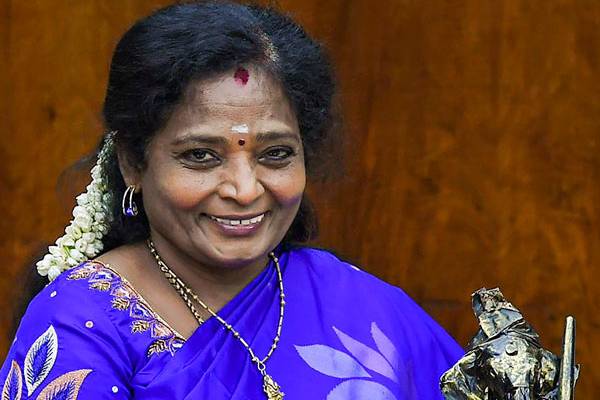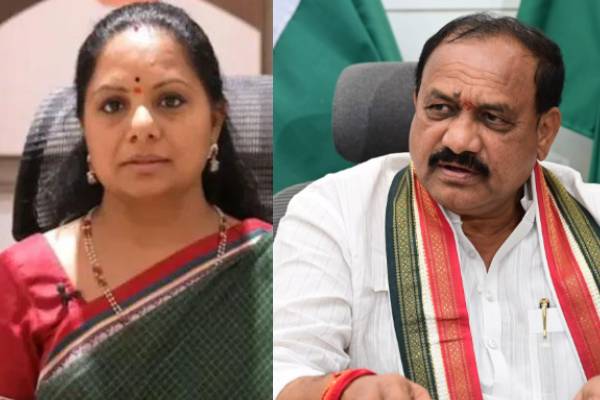The recent resignation of Tamilisai Soundararajan, the former Governor of Telangana and Lieutenant Governor of Puducherry, and the subsequent reports about her contesting in the 2024 general elections, reignites a perennial discussion in Indian politics. This development prompts scholars to revisit the discourse surrounding gubernatorial appointments and the role of governors in active politics.
The Debate:
Governors transitioning from their constitutional roles to active political participation inevitably raise concerns about the impartiality of gubernatorial appointments. While the Constitution of India does not explicitly bar politicians from becoming governors or re-entering active politics post-governorship, it emphasizes the importance of selecting individuals not engaged in active politics to uphold impartiality in governance. But it looks like the governments are in no mood to follow these guidelines.
Tamilisai Soundararajan’s Journey:
Tamilisai Soundararajan, a seasoned Indian politician, served as the Governor of Telangana and Lieutenant Governor of Puducherry. Prior to her gubernatorial tenure, she held prominent positions within the BJP. Despite her extensive political background, Soundararajan has faced electoral defeats in her attempts to secure parliamentary or assembly seats. She contested for Assembly as well as the parliament multiple times and faced defeats in each and every attempt. It seems now she is resolved to become MP in the 2024 elections.
Historical Precedents:
Soundararajan’s case is not an isolated incident. Throughout history, numerous leaders have transitioned between governor roles and active politics, blurring the lines between constitutional responsibilities and political affiliations. For example, leaders like Fakhruddin Ali Ahmed and Sheila Dikshit occupied gubernatorial positions after holding significant political offices. Leaders like Sushil Kumar Shinde moved from the role of Chief minister to governor and then to Lok Sabha leader.
Need for Guidelines:
The case of Tamilisai Soundararajan underscores the necessity for clearer guidelines in gubernatorial appointments. Political parties must prioritize selecting individuals with a track record of non-partisanship to uphold the integrity of the governor’s office. Moreover, governors intending to re-enter active politics should observe a cooling-off period to mitigate potential conflicts of interest.
The involvement of governors in active politics challenges the foundational principles of India’s constitutional framework. To preserve impartiality and fairness, political parties must exercise prudence in appointing governors and establish transparent guidelines for their transition into active political roles. This ensures that the governor’s office remains independent and insulated from partisan influences, thereby safeguarding the sanctity of India’s democratic institutions.
– ZURAN (@CriticZuran)

































